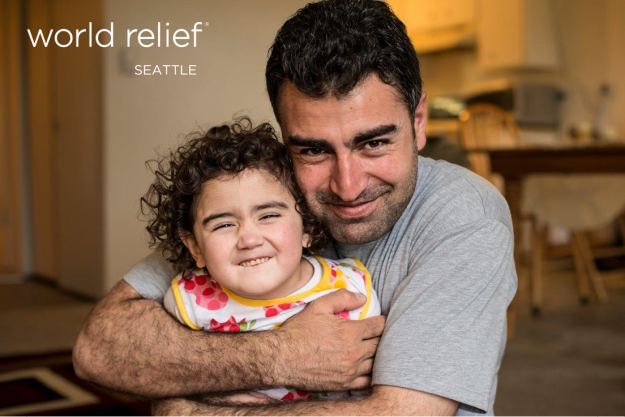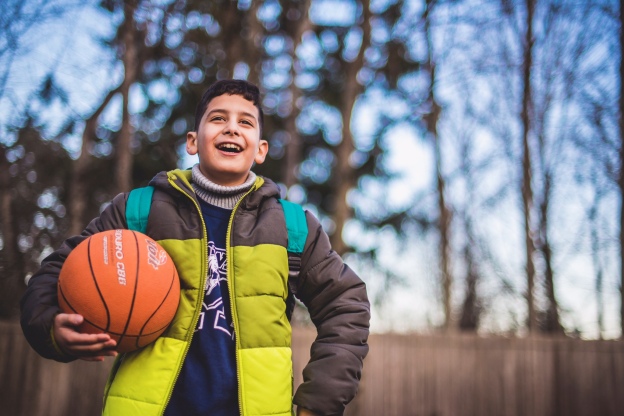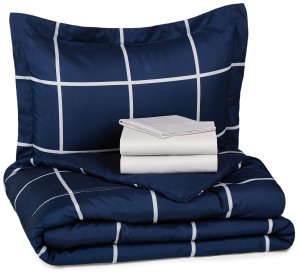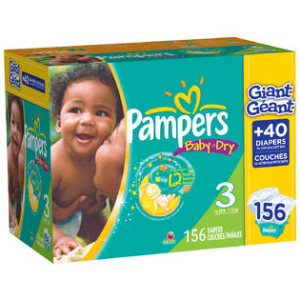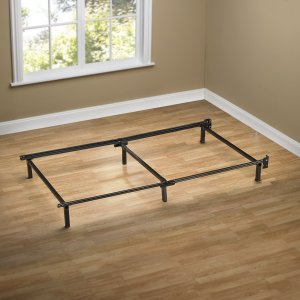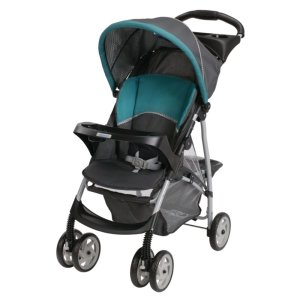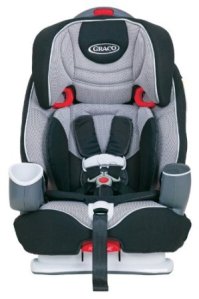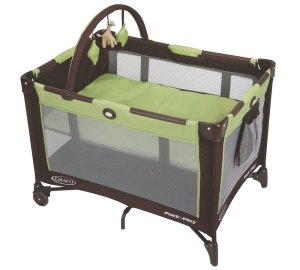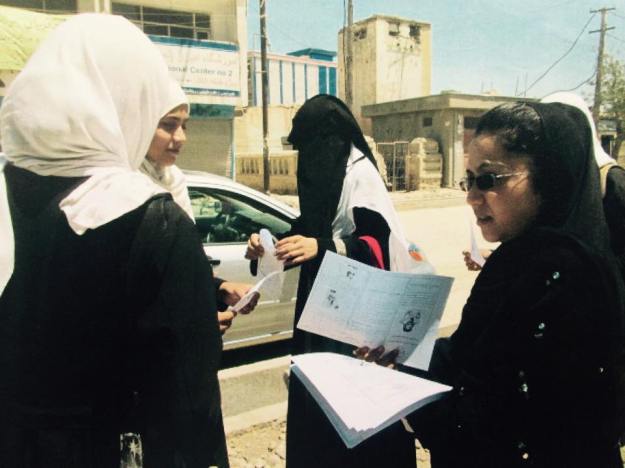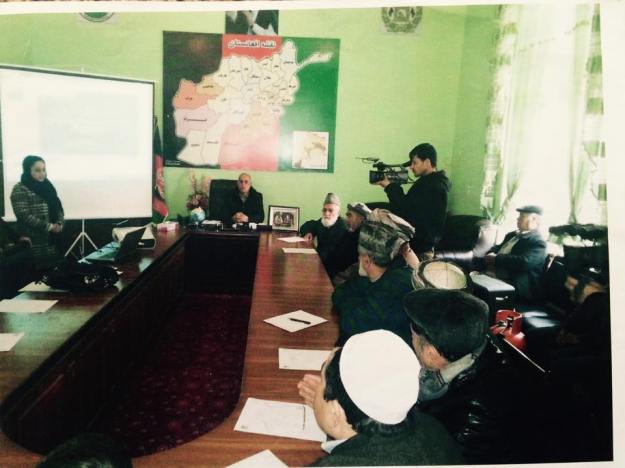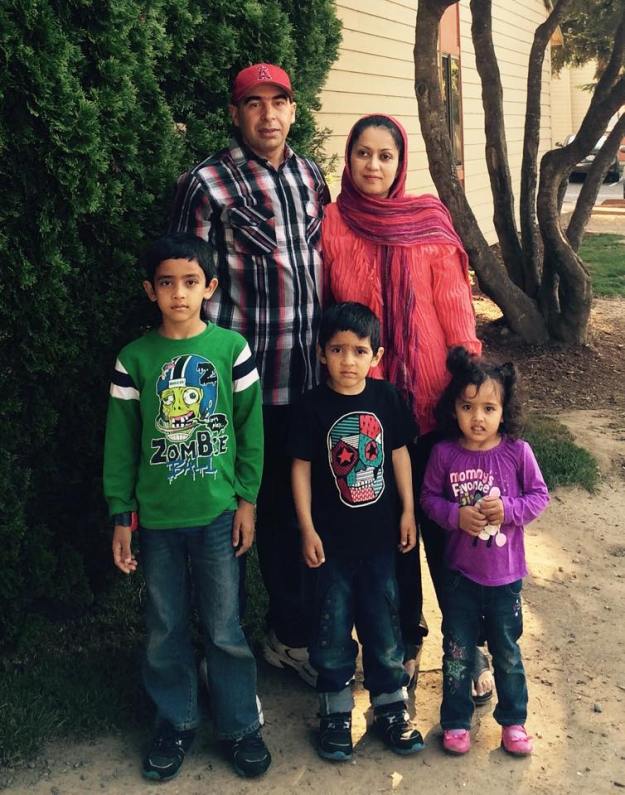Now more than ever, refugee families such as Hussein, Sabeeha, and their six children need to feel they are welcomed and valued as they work to rebuild their lives and contribute to our shared community. Below are a few ways you can help refugees and other vulnerable immigrants in the Puget Sound region right now
1. Donate: The presidential administration recently lowered the number of refugees allowed to resettle in the U.S. by more than half. This decision strips away funding for refugee resettlement infrastructure, meaning the loss of experienced staff and the deterioration of vital services for refugees in the Seattle area. Your investment today will help preserve vital services for more than 1,000 refugees from 28 countries who arrived to the Seattle area in the last year. A gift of $54 provides one week of English class or one month of transportation costs for a newly arrived refugee.
2. Advocate: If you can vote (or even write) in English, you have what many refugees and immigrants lack. Speak on their behalf. Call your senators and representatives & tell them your community welcomes refugees. Visit our advocacy page to learn how.
3. Host a House Party for Refugees: We invite you to become an ally of refugees and other vulnerable immigrants who are new to our community. Throwing a house party for refugees is a way for you to invite your friends, family, and coworkers to empower refugees here in Western Washington.
4. Educate: With knowledge about refugees and the resettlement process, you can raise awareness or dispel misunderstandings about refugees among your family, friends, and the broader community. Start a conversation or post on social media anytime you see an opportunity to give accurate information. Below are some resources to help you.
- Check out this video and infographic explaining the screening process for refugee entry.
- A scripture study of 40 passages of the Bible on welcoming the foreigner.
- World Relief statement on why we are pro-refugee and pro-security
5. Spread the Word: Stay connected by liking us on Facebook, following us on Twitter, and checking out our Instagram page. #SeattleWelcomesRefugees #WeWelcomeRefugees #RefugeesWelcome
6. Donation Drive: There are many specific needs our newly arrived refugee families have. Especially in need right now are car seats and larger sized diapers. Check out our Amazon gift registry to ship needed items directly to our office.
7. Employ a Refugee: At World Relief Seattle, we prepare refugees for employment and self-sufficiency in the United States. Refugees come to the United States with a wide range of backgrounds and experiences. In addition to having diverse skills, all refugees are qualified, authorized, and reliable. We want to partner with you to support your business growth. You can save thousands of dollars in marketing and temp agency bills by choosing World Relief Seattle to provide you with excellent employees. Contact a World Relief employment specialist about hiring refugees.
8. Volunteer: There are many ways to join World Relief Seattle in welcoming the stranger and building mutually transformative relationships.Visit our volunteer page to learn about the different ways to get involved. The outpouring of interest from the community in volunteering with us has been encouraging. We are responding to these inquiries as quickly as possible and appreciate your patience as we respond to everyone. Know there are some limitations to how many volunteers we can train at this time.
9. Connect World Relief to Affordable Housing Options: One of the immediate barriers to newly arrived refugees is the high cost of housing in the region. We greatly appreciate information on, or connections to, local affordable housing options such as apartments, homes, or mother-in-law units. Invest in the financial future of a refugee family by considering renting your space at an affordable rate. Send us an email if you have any leads.
10. Love your friends, neighbors, and coworkers who are refugees. They are likely feeling afraid right now and unsure of their future. They may even have relatives overseas that have been affected by this policy change. Visit them and ask them how they are doing. Reassure them that you love and care about them. You can also go to visit an East African market or an Iraqi restaurant. As you buy something from the shop, talk with the people there and listen to them. Let them know that you are happy that they are fellow Americans.
To learn more about any of these ideas, email us at volunteerseattle@wr.org or give us a call at 253-277-1121
Since 1979, World Relief Seattle has partnered with the U.S. government and the local community to welcome people fleeing violence and persecution, most of whom are women and children. As we witness the greatest displacement of people the world has known, this is a critical moment to stand with refugees.
Governmental policy may change, but our commitment to stand with refugees remains firm. Below are a few ways you can help refugees and other vulnerable immigrants in the Puget Sound region right now
